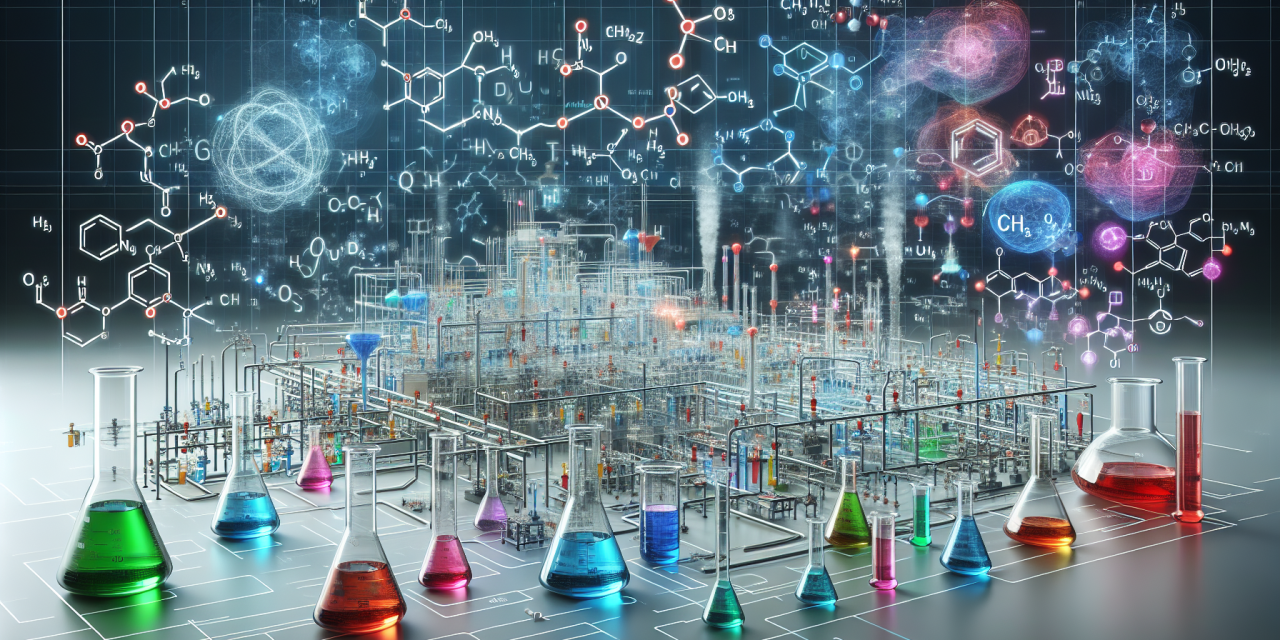Table of Contents
- Introduction
- Understanding Chemical Engineering
- Core Principles of Chemical Engineering
- Applications of Chemical Engineering
- Resources for Mastering Chemical Engineering
- FAQs
- Conclusion
Introduction
When diving into the world of chemical engineering, it becomes clear that the field encompasses a vast array of concepts and principles that provide the backbone for various industries. From pharmaceuticals to energy production, chemical engineering plays a crucial role in advancing technology and optimizing processes. Therefore, having a solid understanding of chemical engineering fundamentals is paramount for anyone looking to excel in this discipline.
Understanding Chemical Engineering
First and foremost, we must define what chemical engineering entails. At its essence, chemical engineering merges physical sciences (like chemistry and physics) with life sciences (like biology) and mathematics to efficiently utilize, produce, design, transport, and transform energy and materials. Essentially, chemical engineers are problem solvers who focus on how to convert raw materials into valuable products.
Core Principles of Chemical Engineering
Mass Balance
Mass balance forms the foundation of chemical engineering. By employing the principle of conservation of mass, engineers can analyze processes and systems. This principle allows one to account for all materials entering and exiting a system. Hence, whether it’s a batch process or a continuous flow, understanding how materials behave in different conditions helps create efficient designs.
Energy Balance
Similarly, energy balance is vital in understanding how energy is conserved and transformed in chemical processes. By ensuring energy is neither created nor destroyed, engineers can assess energy requirements for various operations. Consequently, engineers apply these calculations to minimize waste and enhance efficiency.
Thermodynamics
Furthermore, thermodynamics plays a critical role in chemical engineering. This field examines how energy influences chemical reactions and physical changes. By studying the laws of thermodynamics, engineers can predict reaction behavior, optimize conditions, and ensure process safety. The understanding of thermodynamic properties, such as enthalpy and entropy, aids in designing reactors and separation processes.
Reaction Engineering
Equally important, reaction engineering addresses how chemical reactions occur under different conditions. This aspect focuses on reactor design, analyzing parameters like temperature, pressure, concentrations, and catalysts that affect reaction rates. Thus, a well-rounded knowledge of reaction engineering enables engineers to optimize production efficiency and product yield.
Applications of Chemical Engineering
Chemical Process Design
One of the most significant applications of chemical engineering is in chemical process design. This involves using the aforementioned principles to develop efficient and safe processes for producing chemicals, fuels, and materials. Moreover, engineers meticulously design processes to minimize costs while maximizing productivity. This knowledge also applies to scaling up from laboratory experiments to full-scale production.
Environmental Engineering
Additionally, chemical engineering extends into the realm of environmental protection. Engineers work to develop sustainable processes that minimize pollution and waste. Notably, they design systems for wastewater treatment, air pollution control, and waste management, ensuring regulatory compliance and environmental safety.
Biochemical Engineering
In recent years, biochemical engineering has emerged as a significant discipline within chemical engineering. This focuses on the application of biochemical principles to design processes that involve biological materials. Applications range from the production of biofuels to pharmaceuticals, highlighting the interdisciplinary nature of chemical engineering.
Resources for Mastering Chemical Engineering
In today’s world, access to resources has never been easier. For those eager to enhance their understanding, the Chemical Engineering Fundamentals & Reaction Solutions Course offers a plethora of information and practical guidance. This resource helps equip learners with critical knowledge and skills that are essential in the field.
Aside from structured programs, various textbooks serve as invaluable resources. Notably, titles like ‘Elementary Principles of Chemical Processes’ and ‘Transport Processes and Separation Process Principles’ are great for deeper insights. Furthermore, online forums and communities provide platforms for learners and professionals to exchange knowledge and troubleshoot problems.
FAQs
What skills are necessary for a career in chemical engineering?
To thrive in chemical engineering, individuals should possess strong analytical skills, problem-solving capabilities, and a solid foundation in mathematics and science. Additionally, effective communication and teamwork abilities are crucial, as engineers frequently collaborate with interdisciplinary teams.
Can chemical engineers work in various industries?
Absolutely! Chemical engineers find opportunities across diverse sectors, including petrochemicals, pharmaceuticals, food processing, materials science, and environmental engineering. Their specialized knowledge allows them to adapt and excel in various professional settings.
Conclusion
In conclusion, mastering the fundamentals of chemical engineering is vital for anyone looking to make an impact in this dynamic field. Understanding core principles such as mass and energy balance, thermodynamics, and reaction engineering remains essential. Furthermore, with applications spanning numerous industries, the demand for skilled chemical engineers continues to grow.
By continually seeking knowledge and resources, including specialized courses like the Chemical Engineering Fundamentals & Reaction Solutions Course, aspiring engineers can equip themselves for a successful career, ensuring they meet the challenges of tomorrow’s technology head-on.





